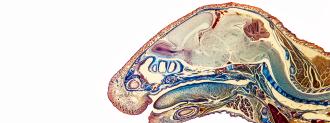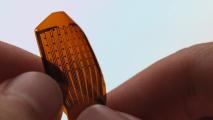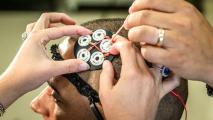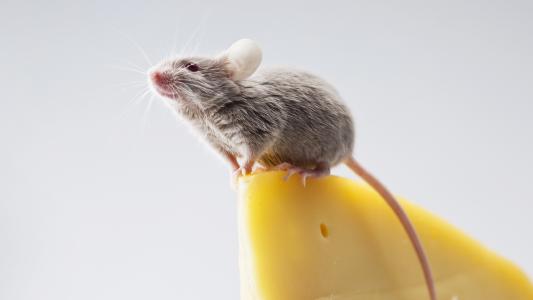Fecal transplants from younger to older mice appear to reverse aging in the brains of the senior rodents.
It’s still too soon to say whether the findings will translate to people, but if they do, we may have a relatively simple — if a little icky — way to turn back the clock on aging.
Fecal transplants: Your gut contains a unique mix of trillions of microbes, known as your microbiome. Not only do they help your body digest food, they’ve also been linked to everything from immune function to mental health.
If the balance of bacteria in your microbiome is thrown off, a bit of feces from the gut of someone with a healthy microbiome can help restore it. This can be delivered via a pill or a colonoscopy, and the procedure is called a “fecal transplant.”
The old mice figured out mazes faster and remembered their paths better.
In the past decade, fecal transplants have become a common way to treat C. difficile infections, but research suggests they might help treat other problems, including diabetes, malnutrition, and even cancer.
Can poo reverse aging? A ton of factors contribute to the composition of your gut microbiome, including your diet, environment, and stress level.
Your microbiome also changes as you age, so researchers have wondered if fecal transplants from younger to older people might be able to reverse aging (or the effects of it, anyways).
In 2020, a study found that fecal transplants from older mice impaired the memory of younger ones, but we didn’t know if it worked the other way around.
What’s new: Now, University College Cork researchers have found that fecal transplants from younger to older mice do appear to reverse aging in the senior rodents’ brains.
Older mice who received transplants twice a week for eight weeks were able to complete mazes faster and remember their layouts more easily than older mice who received transplants from other seniors.
“It’s almost like … we could press the rewind button on the aging process.”
John F. Cryan
The part of their brains associated with learning and memory (the hippocampus) also looked more like those of younger mice when examined through autopsies.
“It’s almost like … we could press the rewind button on the aging process,” lead researcher John F. Cryan told Science Magazine.
The cold water: The study suggests that we might one day be able to tap into the microbiome to reverse aging, somehow, but right now, we have no evidence that the findings will translate to humans.
We also don’t know how long the positive effects might last — the researchers saw changes in the gut microbiomes of the mice soon after the fecal transplants, but those changes (and any benefits) might have only been temporary.
What we do know, thanks to this study, is that the gut is worthy of more research as we look for new ways to stay mentally younger, longer.
We’d love to hear from you! If you have a comment about this article or if you have a tip for a future Freethink story, please email us at tips@freethink.com.






